#Christopher Beha
Text









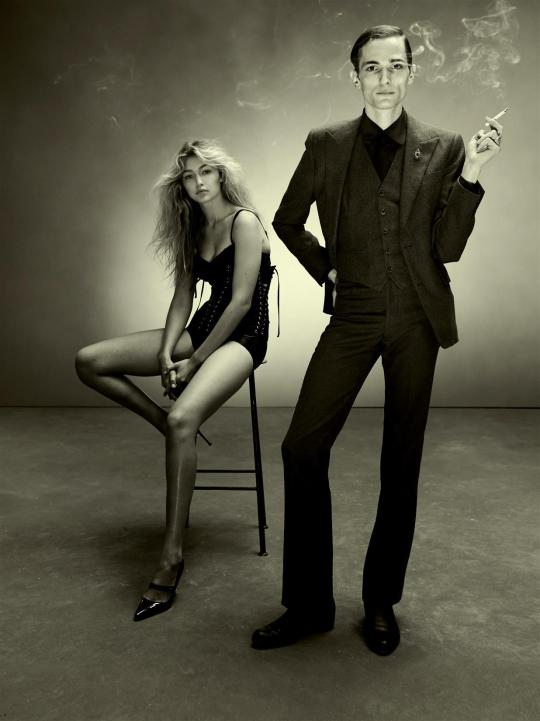








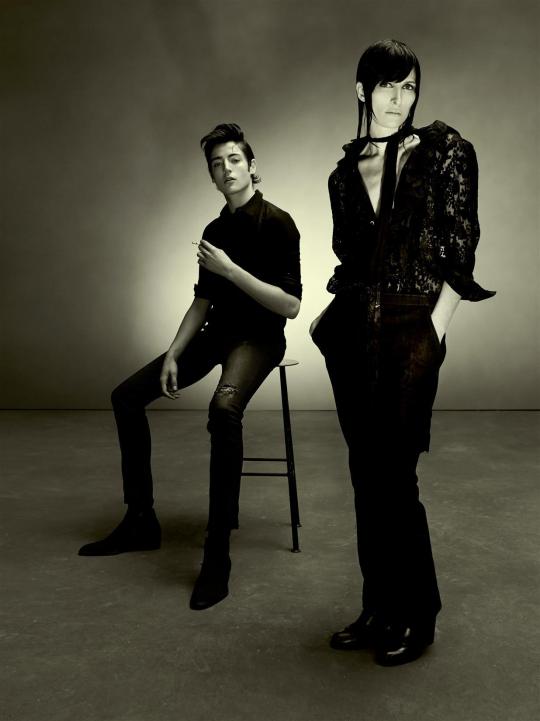





Vogue Italia March 2015
Mia Goth, Freja Beha Erichsen, Zachary Quinto, Donna Mitchell, Joel Schumacher, Jamie Bochert & Yuri Pleskun, Christopher Niquet & Gigi Hadid, David Alexander Flinn & Kirsten Owen, RJ King & Edie Campbell, Julia Nobis & Issa Lish, Benn Northover & Stella Tennant, Harry Brant & Kim Peers, Miles McMillan & Agyness Deyn, Scott Barnhill & Crista Cober by Steven Meisel
Styled by Karl Templer
#Vogue Italia#Mia Goth#Freja Beha Erichsen#Zachary Quinto#Donna Mitchell#Joel Schumacher#Jamie Bochert#Yuri Pleskun#Christopher Niquet#Gigi Hadid#David Alexander Flinn#Kirsten Owen#RJ King#Edie Campbell#Julia Nobis#Issa Lish#Benn Northover#Stella Tennant#Harry Brant#Kim Peers#Miles McMillan#Agyness Deyn#Scott Barnhill#Crista Cober#Steven Meisel#Karl Templer
41 notes
·
View notes
Text
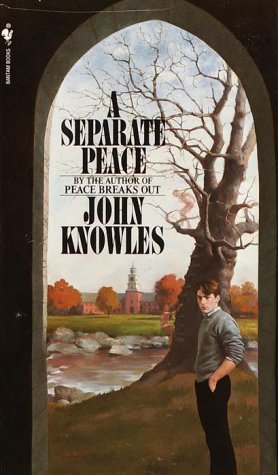
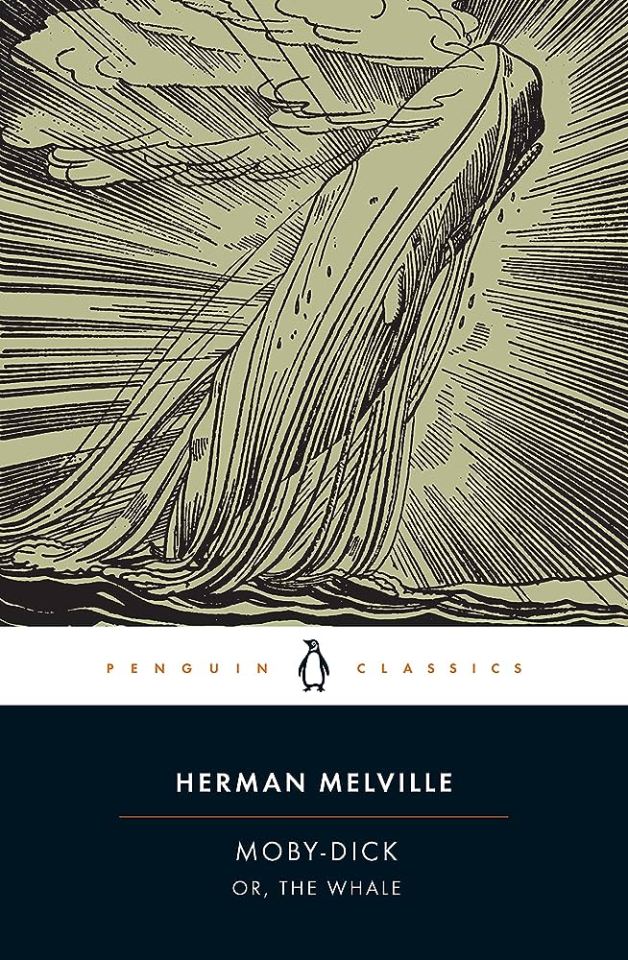
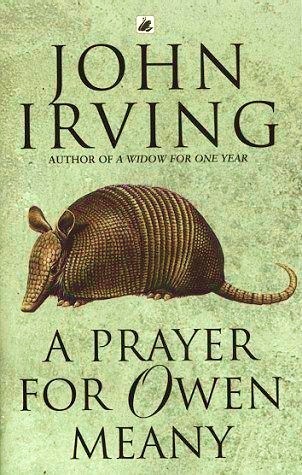

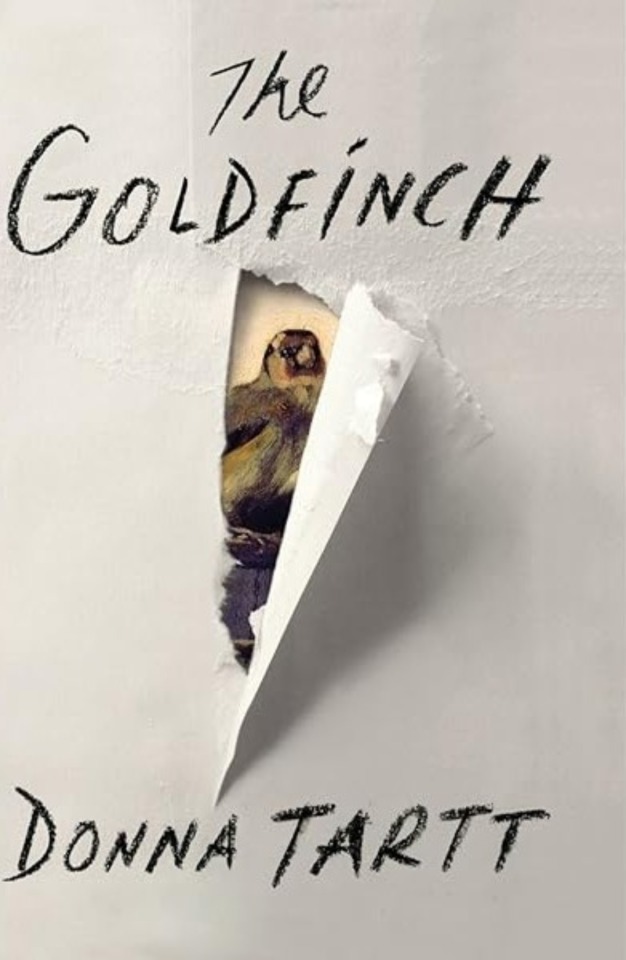
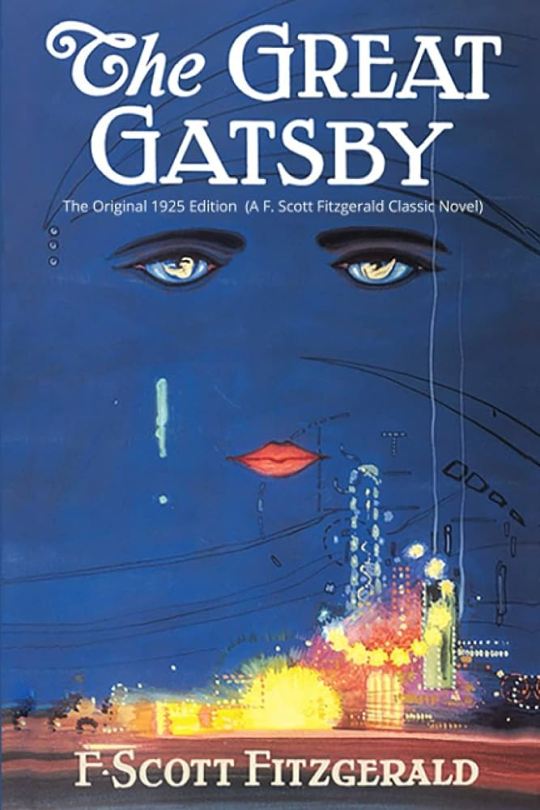
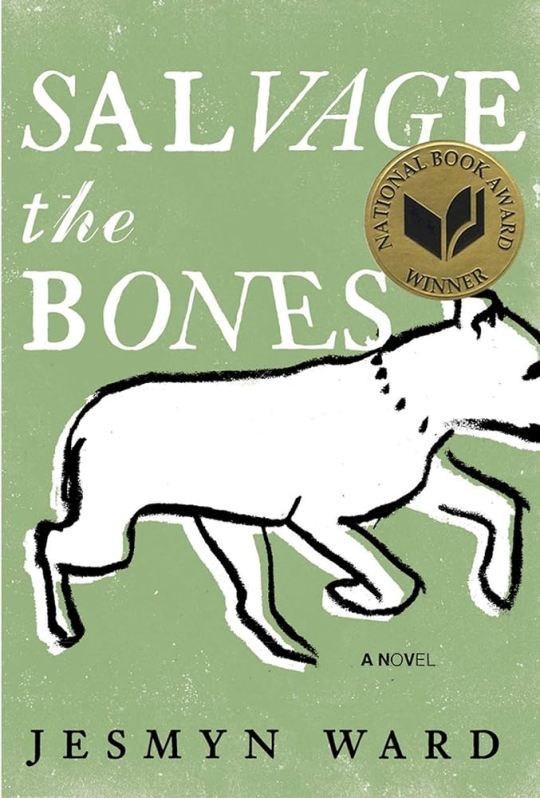

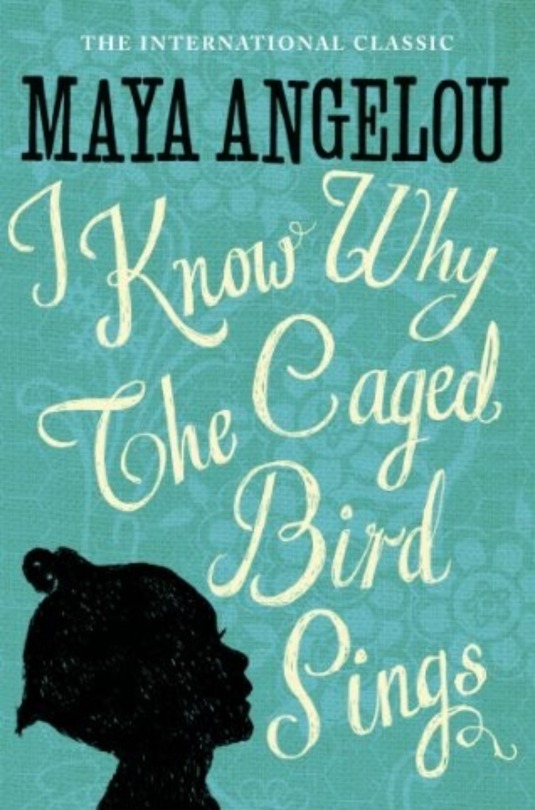
thank you @loveology2022 for tagging me! these are my 9 favorite books ✨️
tagging some pals @jadethirwall @christianbalegf @shirleyjacksons @ebbarights @bazpitch but if you're reading this and want to do it just do it!
#actually this is a mess i am not sure about this AT ALL#some other books i would have liked to include:#the index of self-destructive acts by christopher beha#brideshead revisited#war and peace#i honestly don't even know#i could cry#books
21 notes
·
View notes
Text
all discussion of art on here is about who can produce the most convincing map of the ways that people formulate their taste onto the politically-phrased but ultimately moral set of categories available to us, many of which are themselves disguised formulations of our taste in people. this is a series of rhetorical referrals and inferences that would make a Roman Senator's head spin. the whole impulse of course is deeply fa
2 notes
·
View notes
Text


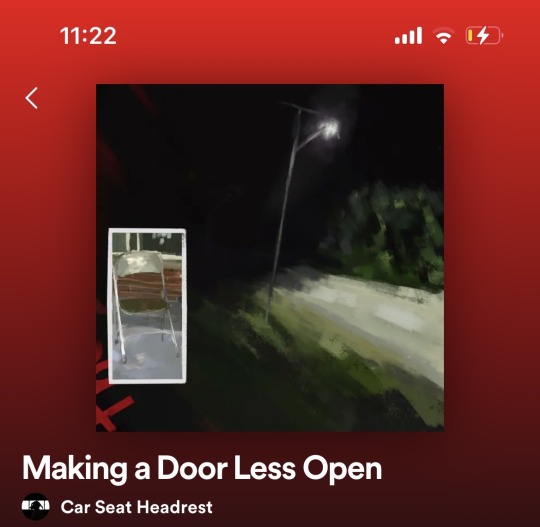


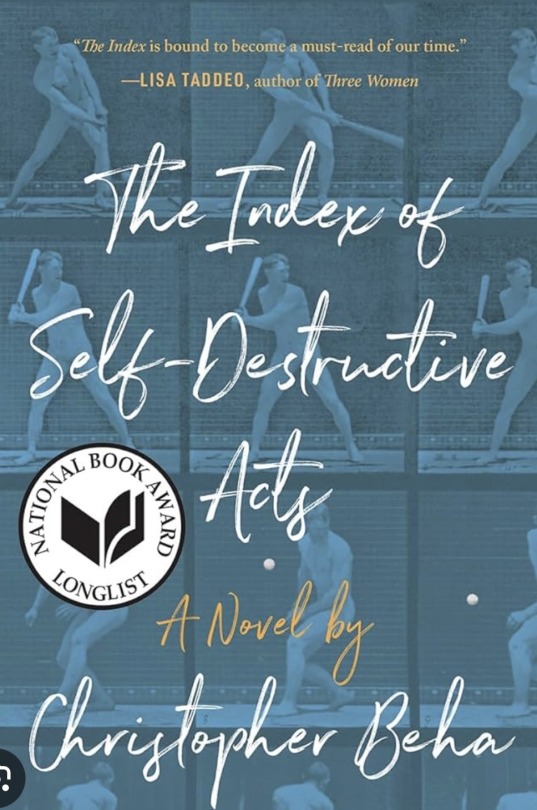



february favorite in no particular order
music:
playlist i've been meticulously building full of all my fav songs im making all my friends come over and listen to for my birthday
prelude to ecstasy - the last dinner party (2024)
making a door less open - car seat headrest (2020)
thurday war all of the time philly show!!
sticker of a weird dog from raffaella's dc show
books: the index of self-destructive acts by christopher beha (2020)
life:
snowshoeing in NH
ski gondola cat painting in NH airbnb
my friend's parents' cat
#remembered i want to do monthly favs right this min#slow reading month this was the only thing i really loved
1 note
·
View note
Text
Antonio Velardo shares: Ethan Hawke Makes Peace With Being a Poster Boy for Gen X by Joseph Bernstein
By Joseph Bernstein
At the Center for Fiction, the actor was joined by the author Rachel Kushner and the editor Christopher Beha for a panel discussion of Harper’s Magazine’s September issue.
Published: September 21, 2023 at 12:20PM
from NYT Style https://ift.tt/N5A6VCd
via IFTTT
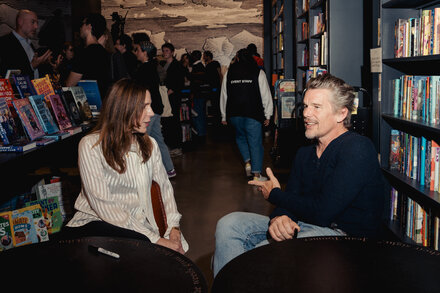
View On WordPress
0 notes
Text
Itching for Meaning

It is a fundamental datum of our experience that we all long for meaning; we long for a narrative in which to make sense of our lives, our passions, and our beliefs. But, if God doesn’t exist, the cold, hard truth is there is no meaning. We have a scratch, but no way to itch it. In an interview with Harper’s Magazine Christopher Beha, the atheist philosopher Alex Rosenberg states:
“There is . . . in us all the hankering for a satisfactory narrative to make ‘life, the universe and everything’ (in Douglas Adams’s words) hang together in a meaningful way. When people disbelieve in God and see no alternative, they often find themselves wishing they could believe, since now they have an itch and no way to scratch it.”
What is the atheist to do? It seems there are three options, three atheist camps on the question of how to make sense of our longing for meaning in a godless world:
Camp 1: Dissatisfied Atheism. The nonbeliever in this camp works hard to salvage the splendor of the religious view in a godless world.
Camp 2: Anesthetic Atheism. The nonbeliever in this camp tries to anesthetize the desire for meaning, to rub it out, to reduce or explain it away.
Camp 3: Apathetic Atheism. The nonbeliever in this camp tries to ignore the desire for meaning.
I think the attempt of the dissatisfied atheist to salvage the splendor of the religious worldview in a godless world is doomed to fail. The best non-theistic option is some kind of Platonic atheism where objective values are identified with various Platonic Forms or abstract objects. The problem is Platonic atheism does not sufficiently ground moral duty, nor does it help in providing an over-arching story or compelling narrative for my life. To see why, consider: we owe moral obligations to people, not things. For example, I have a moral obligation to tell you the truth, or to not steal your wallet. I don’t have a moral obligation to my chair to not (say) weigh 500 pounds. But, on the Platonic atheist story, I am told that my moral obligation is to a thing—a Platonic property—and this makes no sense. Further, on Platonic atheism, the Platonic Forms are just a brute non-personal reality. Like the universe, there is no explanation for why they exist; they just do. But then, they offer no hope of providing a story, a satisfying narrative, in which to find meaning in life.
It seems that atheism is best understood as naturalistic and a consistent atheist will find herself in Camp 2 or Camp 3. Alex Rosenberg firmly locates himself in Camp 2 and recommends anti-depressant drugs as a way to rub out the itch. Others simply try to ignore our longing for meaning and purpose. Apathy is the new virtue of the 21st century. The problem is we seem hard-wired for the itch. We long to live a life of meaning, purpose, and value. One could reasonably say this is a fundamental longing of the human heart. Perhaps it is time for us to take our longings seriously—for they reveal something about us and the world.
In his classic book, Mere Christianity, C.S. Lewis put it this way:
“Creatures are not born with desires unless satisfaction for those desires exists. A baby feels hunger: well, there is such a thing as food. A duckling wants to swim: well, there is such a thing as water. Men feel sexual desire: well, there is such a thing as sex. If I find in myself a desire which no experience in this world can satisfy, the most probable explanation is that I was made for another world.”
Perhaps we can’t rub out or ignore the itch because the object of this itch (or longing/desire) is God Himself. Perhaps this is why “religion is not going away”—because God exists and is the object of our longing for meaning. It’s time to encourage our atheistic friends to stop trying to rub out or ignore the itch (it is remarkably resilient to our strivings) and to pay attention to it instead. If so, it may lead us, like a kind of ontological argument, to the ultimate object of our desire—God.
0 notes
Text
Raspberry pi das umfassende handbuch 4. auflage pdf
RASPBERRY PI DAS UMFASSENDE HANDBUCH 4. AUFLAGE PDF >> DOWNLOAD LINK
vk.cc/c7jKeU
RASPBERRY PI DAS UMFASSENDE HANDBUCH 4. AUFLAGE PDF >> READ ONLINE
bit.do/fSmfG
mikrocontroller esp32: das umfassende handbuch pdfroboter autos mit dem raspberry pi pdf
kofler linux pdf download
elektronik verstehen mit raspberry pi
python 3 das umfassende handbuch pdf
javascript das umfassende handbuch pdf
linux das umfassende handbuch pdf
raspberry pi buch einsteiger
»Umfassendes Nachschlagewerk für alle Themen rund um den Pi.« – MagPi zur Vorauflage Aktuell zu Raspberry Pi 3B+ und Zero W sowie den VorgängerversionenDas große Handbuch zum Raspberry Pi ✓ Aktuell zu Modell 4 und älteren Aber keines ist wie dieser Bestseller in siebter Auflage. Leseprobe (PDF). Charly Kühnast, Christoph Scherbeck Raspberry Pi Das umfassende Handbuch vollständig überarbeitete Auflage 4 l Springer Vieweg Keine Angst vor Wer heute das Programmieren lernen möchte, kommt nicht daran vorbei, sich mit einer der beliebtesten Programmiersprache JavaScript: Das umfassende Handbuch, Michael Kofler, Charly Kühnast, Christoph Scherbeck. Raspberry Pi – Das umfassende Handbuch. 1.087 Seiten, gebunden, in Farbe, mit CD, 2. Auflage 2015. Michael Kofler, Charly Kühnast, Christoph Scherbeck. Raspberry Pi – Das umfassende Handbuch. 1.088 Seiten, gebunden, 4. Auflage, Juni 2017. Raspberry Pi Das umfassende Handbuch ebooks is available in digital [PDF] YO MOMMA SO 4 [PDF] RASPBERRY PI ARDUINO HERBST herbst-2013.pdf Are you also Siebte Auflage, erschienen Ende Juni 2021. Umfang: 1088 Seiten Ausstattung: Farbdruck, Hard-Cover, Fadenbindung ISBN: 978-3-8362-8351-9
https://luwowokokin.tumblr.com/post/694400650038181888/rx-v540rds-bedienungsanleitung-target, https://supisevik.tumblr.com/post/694400808032288768/ikra-eks-1600-bedienungsanleitung-huawei, https://sudawoxudir.tumblr.com/post/694400697819594752/beha-unitest-0100-expert-bedienungsanleitung, https://dexedojafena.tumblr.com/post/694400804538417152/uher-sg-631-logic-bedienungsanleitung-sony, https://sudawoxudir.tumblr.com/post/694400424422391808/police-12898j-bedienungsanleitung-galaxy.
0 notes
Quote
To be interesting—James called this the one obligation that every novel has. And this gets to the heart of my quarrel with how this whole argument has been conducted, and why it put me in mind of those exchanges that I’d had with friends about reading James. When the champion of adult culture is portrayed, even by himself, as an old curmudgeon yelling at the kids to get off his lawn, it suggests that this adult culture is one of the unfortunate but necessary costs of coming into adulthood. We give up the pleasures of entertainment for the seriousness of art. I just don’t think that this is true.
[...]
Many defenders of “The Goldfinch” seemed to divide its readers into those who allowed themselves to appreciate the book’s obvious pleasures and those who were too snobbish or circumspect to do so. Hence Grossman’s remarks about Wood lacking the “language” to praise the book, as though the praiseworthiness of the book was ultimately a given. But I disliked “The Goldfinch” precisely because I found it so boring. It was boring not because it was insufficiently “literary” but because it was overly “literary.” Not a single character or moment in the book felt lived in any meaningful way. The picture of life that it gave was so obviously false that it seemed designed to appeal to someone who hadn’t lived very much of it, and thus couldn’t tell the difference.
Much is taken from us as we pass out of childhood, but other human beings who have suffered these losses have created great works of art, works that can only be truly appreciated by those who have suffered the same losses in turn. These works are among the great recompenses that experience offers us. Putting down “Harry Potter” for Henry James is not one of adulthood’s obligations, like flossing and mortgage payments; it’s one of its rewards, like autonomy and sex. It seems to me not embarrassing or shameful but just self-defeating and a little sad to forego such pleasures in favor of reading a book that might just as easily be enjoyed by a child.
"Henry James and the Great Y.A. Debate", Christopher Beha
0 notes
Link
If we assume that subject matter is what defines a book as “young adult,” it doesn’t make much sense to discourage adults from reading a book with that label. It is as much as saying that certain types of human experience are beneath serious adult attention, which I don’t think is true. And it does seem that many books have the Y.A. label slapped on them purely because of their subject matter. (After all, there is little cost to a publisher for labelling something Y.A. if the label doesn’t put off adult readers.) But, in these cases, the label is simply a marketing tool, which isn’t something that a critic ought to be paying attention to.
On the other hand, the label is sometimes wielded to make a real literary distinction. It is obviously possible to give a subject a treatment that is more appropriate for a young audience. For the most part, this involves simplifying things—first the diction and syntax, but finally the whole picture of life. There is nothing dishonorable about this simplification—it is a way to make material accessible to children. Nor does it strike me as shameful for adults to spend a lot of time reading these simplified treatments. But it does strike me as strange. If someone told you that he was an American-history buff and that his favorite work of American history was “Johnny Tremain,” you might not think this a cause for embarrassment but you would probably suspect that he didn’t know as much about history as he thought he did, and you would wonder why his interest in the subject had not led him to adult treatments of it. In some sense, you might even think he was missing out, that the simplified treatments of history that we give to children are not just less true but less interesting because of their lack of complexity.
To be interesting—James called this the one obligation that every novel has. And this gets to the heart of my quarrel with how this whole argument has been conducted, and why it put me in mind of those exchanges that I’d had with friends about reading James. When the champion of adult culture is portrayed, even by himself, as an old curmudgeon yelling at the kids to get off his lawn, it suggests that this adult culture is one of the unfortunate but necessary costs of coming into adulthood. We give up the pleasures of entertainment for the seriousness of art. I just don’t think that this is true. In his preface to the New York edition of “The Golden Bowl,” James discusses the impulse to tinker that inevitably arises when an author revisits work in a later edition. After considering various ways in which an author might attempt to improve a work, he concludes,
The ideally handsome way is for him to multiply in any given connexion all the possible sources of entertainment—or, more grossly expressing it again, to intensify his whole chance of pleasure. (It all comes back to that, to my and your “fun”—if we but allow the term its full extension; to the production of which no humblest question involved, even to that of the shade of a cadence or the position of a comma, is not richly pertinent.)
No one—not Proust or Flaubert, not Joyce or Woolf—did more than James to refine the popular form of the novel into a work of high art, and “The Golden Bowl” represents the height of that refinement. To some—not just now but in his own time—it represents the point at which that refinement veers into sterility. But, even when discussing his last great book, James insisted that it all comes back to fun. Of course, there is a bottomless ambiguity in that very Jamesian caveat—“if we but allow the term its full extension”—but that itself is part of the fun.
Many defenders of “The Goldfinch” seemed to divide its readers into those who allowed themselves to appreciate the book’s obvious pleasures and those who were too snobbish or circumspect to do so. Hence Grossman’s remarks about Wood lacking the “language” to praise the book, as though the praiseworthiness of the book was ultimately a given. But I disliked “The Goldfinch” precisely because I found it so boring. It was boring not because it was insufficiently “literary” but because it was overly “literary.” Not a single character or moment in the book felt lived in any meaningful way. The picture of life that it gave was so obviously false that it seemed designed to appeal to someone who hadn’t lived very much of it, and thus couldn’t tell the difference.
Much is taken from us as we pass out of childhood, but other human beings who have suffered these losses have created great works of art, works that can only be truly appreciated by those who have suffered the same losses in turn. These works are among the great recompenses that experience offers us. Putting down “Harry Potter” for Henry James is not one of adulthood’s obligations, like flossing and mortgage payments; it’s one of its rewards, like autonomy and sex. It seems to me not embarrassing or shameful but just self-defeating and a little sad to forego such pleasures in favor of reading a book that might just as easily be enjoyed by a child.
#this is the definitive article on the ya literature discourse imho#ya literature#ya fiction#new yorker#henry james#donna tartt#christopher beha#young adult literature#media#media discourse#long post
42 notes
·
View notes
Text
‘The present couldn’t actually change the past, but it could change the meaning of the past, which amounted to the same thing.’
—The Index of Self-Destructive Acts, Christopher Beha
#currently reading#books#quotes#quote#bookish#books and libraries#academiacore#academia#book#The Index of self destructive acts#christopher beha#this book is so interesting it’s politics and statistics and baseball#i thought i’d hate it but#book reccomendation#dark academia
3 notes
·
View notes
Text
There’s something different about having it inside you.
“I memorized a poem a month after that,” she told Sam. She usually picked them with her father, though sometimes she surprised him. They were often poems that he’d memorized years before, and he would listen without the words in front of him, remembering well enough to correct her or help her along. When he didn’t already know the poem, he would learn it with her. His memory for quotes and lines of verse was legendary. His columns were sprinkled with them. “I did it for more than a decade. I’ve still got most of them banging around my head. I want my own words banging around in someone’s head like that.” “Committing stuff to memory seems sort of outdated,” Sam said. “Now you can just call it up on your phone any time you want.” “There’s something different about having it inside you.
— Christopher Beha, The Index of Self-Destructive Acts: A Novel (Tin House Books, May 5, 2020)
21 notes
·
View notes
Text
The only certainty seemed to be that things could not go on as before. Yet that was exactly what they did.
Christopher Beha, The Index of Self-Destructive Acts
4 notes
·
View notes
Text
can't believe you all say you miss succession everyday but still haven't read THE INDEX OF SELF-DESTRUCTIVE ACTS BY CHRISTOPHER BEHA WHICH IS ABOUT A DISFUNCTIONAL RICH FAMILY AND ONE OF THE BEST BOOKS I'VE EVER READ
7 notes
·
View notes
Link
The Index of Self-Destructive Acts by Christopher Beha https://amzn.to/35D42Wx
0 notes
Photo

Christopher Kane - Spring 2010
13 notes
·
View notes
Text

🔴♦️🔴 R O U G E 🔴♦️🔴
#inspiration#aesthetic#saved#instagram saved#paris#mood board#curated#photography#collectiveconcepts#curation#red moodboard#red aesthetic#colorstory#cherry tomatoes#cy twombly#freja beha erichsen#fashion editorial#fashion archive#christopher kane#rita hayworth#y project#simone rocha#cate blanchett#rodarte#adut akech#rashid johnson#art archive#archive moodboard#curators on tumblr#curated content
3 notes
·
View notes